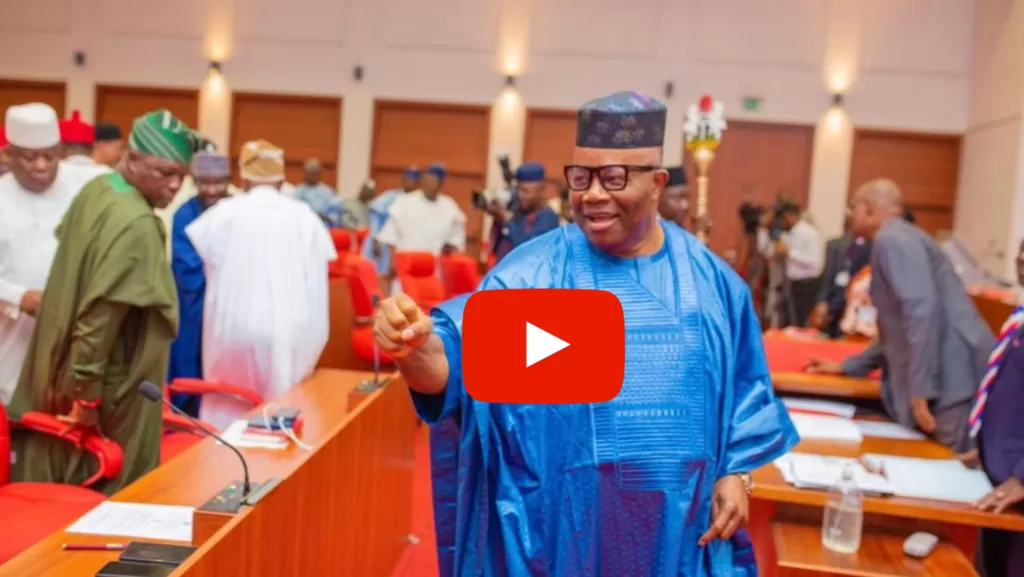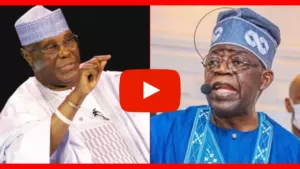Senate President Godswill Akpabio has advised Nigerians to help themselves wherever they see free food.

Senate President Godswill Akpabio’s advice to Nigerians to help themselves to free food wherever they find it offers an interesting glimpse into cultural and perhaps political commentary. Here’s a broader context on why such a statement might be made:
- Cultural Context: In many societies, including Nigeria, there’s a tradition of communal sharing, especially during festivals, ceremonies, or community events where food is often abundant and meant to be shared freely. Akpabio’s advice might resonate with this cultural norm where generosity and communal eating are valued.
- Political Messaging: Politicians often use relatable, everyday issues like food to connect with the populace. This could be interpreted as a light-hearted way to address bigger issues like food insecurity or economic hardship, suggesting that people should take advantage of available resources, possibly in a landscape where economic conditions might not favor everyone equally.
- Social Commentary: It might also subtly critique or highlight the distribution of wealth or resources in society, where such opportunities for free food might arise from public or private events, possibly funded by the affluent or the government itself. This could be a way to encourage a sense of entitlement to public goods or criticism of how these goods are distributed.
- Encouragement of Community Spirit: By advocating for people to partake in communal food, Akpabio might be promoting a sense of community and togetherness, reminding Nigerians of the collective spirit that can help in times of need or during celebrations.
- Humor and Relatability: Such advice can also be seen as an attempt to inject humor into political discourse, making political figures seem more approachable or down-to-earth. Humor in politics can be a tool to soften public perception, especially in times of economic or political stress.
However, without specific context or the full text of his statement, the depth of meaning or the intent behind Akpabio’s advice could vary. It’s important to consider the setting in which this advice was given, whether in a speech, an interview, or a casual comment, as each would color its interpretation differently.
If this statement has led to public reactions or discussions, it would also be interesting to see how Nigerians have taken this advice—whether with humor, as a practical tip, or as a deeper commentary on societal issues.







